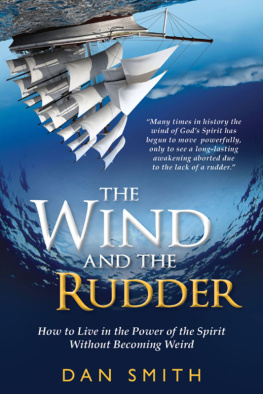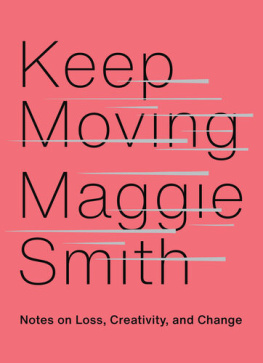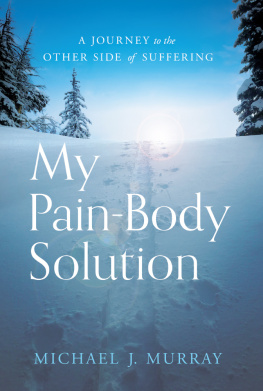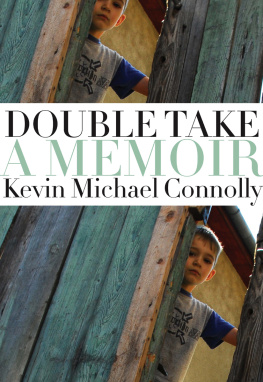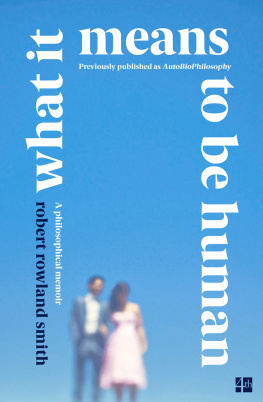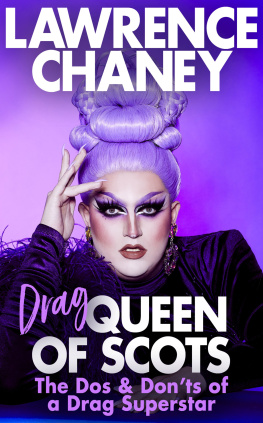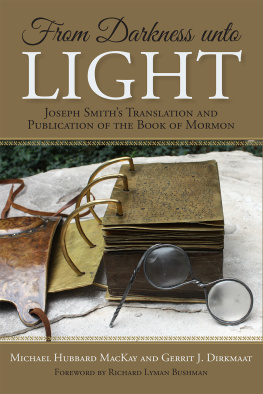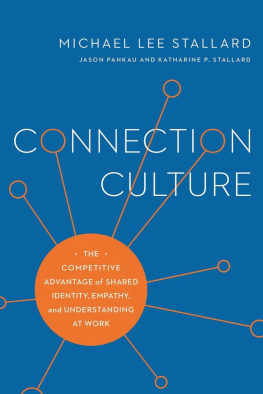MY BODY IS YOURS

MY BODY IS YOURS
Copyright 2015 by Michael V. Smith
All rights reserved. No part of this book may be reproduced in any part by any meansgraphic, electronic, or mechanicalwithout the prior written permission of the publisher, except by a reviewer, who may use brief excerpts in a review, or in the case of photocopying in Canada, a license from Access Copyright.
ARSENAL PULP PRESS
Suite 202211 East Georgia St.
Vancouver, BC V6A 1Z6
Canada
arsenalpulp.com
The publisher gratefully acknowledges the support of the Canada Council for the Arts and the British Columbia Arts Council for its publishing program, and the Government of Canada (through the Canada Book Fund) and the Government of British Columbia (through the Book Publishing Tax Credit Program) for its publishing activities.
Cover photograph: David Ellingsen
Book design by Gerilee McBride
Editing by Susan Safyan
Library and Archives Canada Cataloguing in Publication:
Smith, Michael V., author
My body is yours : a memoir / Michael V. Smith.
Issued in print and electronic formats.
ISBN 978-1-55152-578-5 (epub)
1. Smith, Michael V. 2. Authors, Canadian (English)21st centuryBiography. 3. ArtistsCanadaBiography. I. Title.
PS8587.M5636Z53 2015 | C813.6 | C2015-900403-9 |
C2015-900404-7 |
for Jim Deva, a national hero, Stephen Harper, the antithesis, and my father, a man.
In the dark folds of time maybe theres nothing except the dumb touch of our fingers.
And our deeds.
John Berger, From A to X
Abreaction: the expression and consequent release of a previously repressed emotion, achieved through reliving the experience that caused it.
Oxford American Dictionary
CONTENTS
I SPENT THE FIRST thirty years of my life trying to disappear.
My body betrayed me. When I was a small, slim shaggy-haired boy in middle school, a friends mother told me every time she saw me, in her hardened gravelly voiceusually while turning blood sausages on the stovethat I was a handsome boy, yes, but I would make a beautiful girl.
She wasnt alone. Until I reached puberty, everyone mistook me for a girl. My voice was high-pitched, my hair was longit was the 1970sand my eyelashes were like butterfly wings. I was the skinniest kid anyone had ever laid eyes on. I used big adjectives Id learned watching Phil Donahue. I was soft.
For five or six years of my young life, I wanted simple, obvious things: to have a different voice, a different body, different hair, different clothes, different parents, a different home. I clenched my little fingers together at night under Star Wars sheets and prayed to a random god to make me someone else. I prayed to be hairy. I prayed for my voice to drop. I prayed for my father to stop drinking and for my mother to calm down and love me. I prayed for friends. I prayed for money. I prayed for invisibility, and I prayed to be seen.
I think I survived for as long as I did because, without knowing it, I had that magical skill that young people in dire situations need: a simple nave ability to hope that my prayers could be answered if I clung to them long enough. Or maybe thats half the answer. I somehow understood that hope put into practice was hope granted. Hope was work. And I worked long and hard. Not at making a new body, mind you, or faking it better, but at making myself into who I wanted to bewhich was a convoluted way of allowing myself to be who I wasdespite the accidental and deliberate shit slung at me. I think Donahue taught me that too.
My prayers to be different could only be answered by making one small, instinctive decision at a time. Contrary to my suicidal daydreams, I didnt throw myself out of my bedroom window, I didnt run into oncoming traffic in the street, I didnt take any of the pills in the medicine cabinet. I grew up.
In 1981, I had a significant first in my life, a brief affair with a sexual bully. It was the year Bette Davis Eyes by the smoky-throated Kim Carnes was the number-one song, Prince Charles married Lady Di, Nintendo introduced North America to Mario in Donkey Kong, and The Centers for Disease Control and Prevention in the US announced that five gay men in L.A. had a rare pneumonia.
That first boy I fooled around with had the word evil in his name. To mark the spirit of the times, lets call him Knievel, after the motorcycle daredevil Evel Knievel, listed in the Guinness Book of World Records for most broken bones in a lifetime. Evel was all over the TV in the early 80s, jumping over buses and shark tanks. For a birthday present that year I was given his action figure with a pull-cord-powered motorcycle. I was a not-yet-queer kid. A stunt jumper in white leather was hot shit. He had no fear too great to challenge.
The Knievel in my class seemed just as reckless. I was ten in 81, in grade five at Sydney Street Public School, three blocks from our small World War I era home. Knievel was two years older than me, but only a grade ahead, because hed failed grade one or two. Sydney Street Public was a small school, so grades shared a room; we had Mr Thompson, the aging bachelor principal. I dont remember Knievel having any friends, partly because he transferred into the school late, in grade four, I think, and partly because he was a bad mix of aggression and unpredictability. In hindsight, I think he was more hyper than violent, but as a young fey kid, it was hard for me to discern the difference.
On the day for class photos, when wed line up in the gymnasium shortest to tallest, I was in the first half, at around the one-third mark, usually standing behind Julie Legue and ahead of Jennifer Khalil. My position in class line-ups was a synecdoche for the playground, where I always sandwiched myself between the girls. Hopscotch, skipping, marbles, patty-cake, and swing sets were the safe games on the school ground. Because I was a limp-wrister, the boys never wanted me on any of their lunch-hour sports teams. So when Knievels busy eye settled on me one dayhe invited me over after schoolI swallowed my fear and said yes.
My father worked in the warehouse for Sovereign at the time, a mail-order distributor. My mother had been responsible for Sovereigns Human Resources; shed done the hiring and firing. This was the best job she would have in Cornwall, at the age of thirty-one. After Sovereign let my mother go in 79, then went belly up during a long mail strike in the early 80s, the cycle of layoffs for my parents began, as they moved from jobs in one mill to another. Dad would be out of work for long stretches at a time. My sister and I joined the kids at school lucky enough to go home at lunchtime for a hot meal. Dad prepared either soup and sandwiches or Kraft Dinner and hot dogs. The table would be set before we walked in the back door.
This was all before my parents first separation. If my father was working, hed return drunk on payday Thursday, much too late for supper and with little of the paycheque left, to find the door dead-bolted. Because my father was an alcoholic and my mother was a screaming hysteric in response, I had learned to compartmentalize, to slide opaque walls around what happened at the breakfast table so I wouldnt have to look at it for the rest of the dayor ever. A lot of my childhood landscape was like a shipyard of storage containers, the days stacked and invisible, one row against another. This was our normal. Silence and threat.
In the quiet aftermath at the end of a day, Id lie in bed imagining ways to escape, sometimes jumping out the second-storey window or using my Star Wars sheets to lower myself down. Sometimes Id slip to my death; sometimes Id jump head first on purpose. Or Id run down the steps and out the front door into traffic. Id time it for when a transport truck was passing, to be thorough.
Next page





